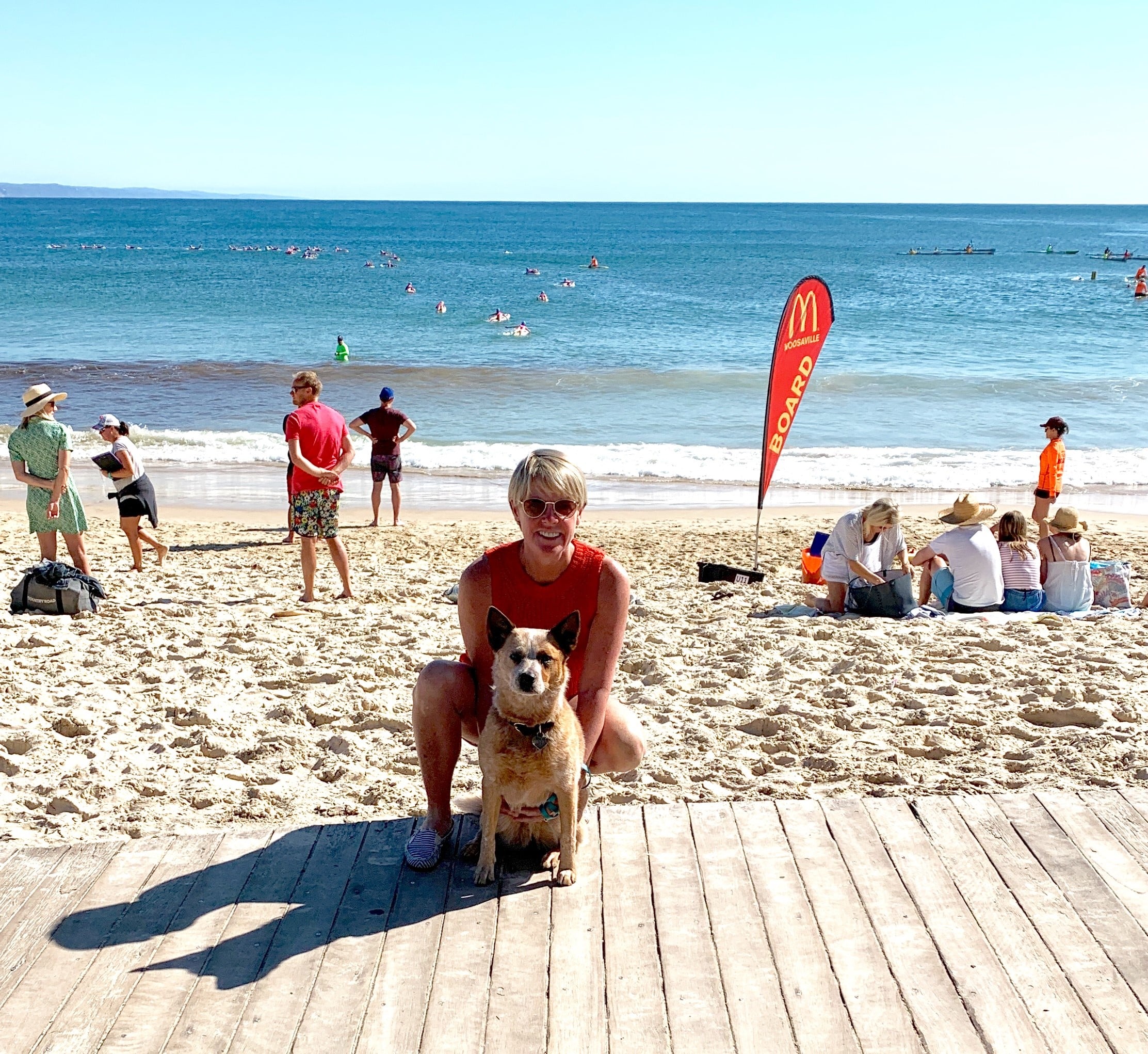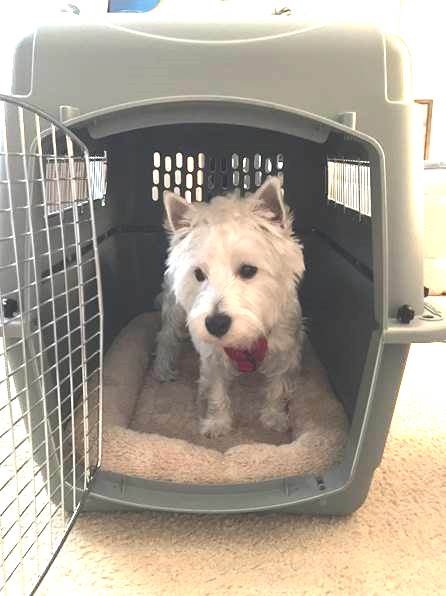Updated 2024 Guide: Understanding Australia’s New Pet Import Requirements
New Guidelines for Relocating Pets to Australia: Key Updates Effective February 29, 2024
The United States Department of Agriculture (USDA) has announced significant updates regarding relocating dogs and cats to Australia. These changes, effective from February 29, 2024, aim to streamline the process while ensuring the safety and well-being of pets during their relocation journey. Below, we break down these updates into clear categories for better understanding.
Identity Verification and Rabies Neutralizing Antibody Titre Test (RNATT)
Second Microchip Scanning as Identity Verification Date:
-
Australia has revised its procedure for pet identity verification. The date of the second microchip scanning will now be considered the official date of identity verification.
-
This adjustment means pet owners must ensure their pets are microchipped correctly and that the second scanning is done according to the timeline required by Australian authorities.
Timing for Blood Collection for RNATT:
-
Following the update, blood samples for the Rabies Neutralizing Antibody Titre Test (RNATT) can be collected after the second microchip scanning. This provides clarity and flexibility in preparing pets for their move.
-
Completing Part 3 of the identity verification process remains mandatory despite this change.
Updates to the APHIS Pet Travel Website and VEHCS:
-
The APHIS Pet Travel Website along with instructions in the Veterinary Export Health Certification System (VEHCS) will be updated to reflect these new guidelines.
Vaccine Expiry Dates
-
Flexibility with Vaccine Expiry Dates:
-
In a move to simplify documentation, the expiry dates for vaccines (including rabies, leptospirosis, etc.) may be left blank on the export health certificate if they are not specified on the vaccination certificate.
-
VEHCS instructions will be updated accordingly to guide pet owners through this change.
-
Import Permits
-
Clarification on Import Permits:
-
The USDA has clarified that guidance on import permits issued before March 1, 2023, will be removed from the APHIS Pet Travel Website, as it is no longer applicable.
-
Going forward, all dogs and cats must have their import permits issued after March 1, 2023. This ensures that all pets entering Australia meet the latest import requirements.
-
-
Implications for Pet Owners
These updates facilitate a smoother relocation process for pets moving to Australia. Pet owners must stay informed about these changes and prepare to ensure compliance with the updated regulations. As always, the welfare and safety of pets are paramount, and these guidelines are designed to support that objective.
Australia's New Requirements for Dogs and Cats Traveling from the United States | PetRelocation
30-Day Post-Entry Quarantine for Dogs and Cats from the United States
Dogs and cats from the United States (except Hawaii and Guam) will be eligible for 30 days in post-entry quarantine upon arrival in Australia. Once the identity verification is implemented, pets that complete this verification will be eligible for ten days in post-entry quarantine upon arrival in Australia. Dogs and cats from Hawaii and Guam must seek advice from Australia before proceeding with any other steps ([email protected])
Export Health Certificate
Regarding the export health certificate, the pet's USDA Accredited Veterinarian must complete the applicable model health certificate (these will be posted on the pet travel website once updated). It's crucial to remember that the pet's veterinarian must be a USDA Accredited Veterinarian in the state where they perform the work.
We’ve mentioned a few times that bringing a cat or dog to Australia can be complicated and lengthy, taking careful planning and attention to detail to handle successfully.
Learn more about import permits, quarantine, and other helpful tips to build a successful move plan for your pet.
Pet Import Requirements for Australia
Vaccination Requirements
Obtaining an Import Permit
Health Certificates and USDA Endorsements
Crate Training and Traveling as Manifest Cargo
Quarantine Information
Breakdown of Costs for Moving Dogs and Cats to Australia
Moving Pets to Australia from Non-Approved Countries
Pets Other Than Cats and Dogs
Pet Export Requirements for Leaving Australia

Theo moved from the US to Australia with us in 2019
Pet Import Requirements for Australia
Your pet’s requirements for import into Australia is largely determined by the country your pet will be coming from. Australia groups countries into four separate categories: Group 1 (New Zealand, Norfolk Island, and Cocos Island), Group 2 (approved rabies-free countries or territories), Group 3 (approved countries or territories where rabies is absent or well-controlled), and Non-Approved Countries. As the group number increases, the rules and regulations you must follow to import your pet also increase.
Vaccination Requirements
When traveling to Australia, you must closely follow vaccine and blood test regulations to ensure your pet meets the requirements to obtain an import permit (below). All pets need a microchip, rabies vaccine, titer test, and internal and external parasite treatment. Dogs, however, will also need additional vaccines and blood tests.
Estimated costs for vaccinations: There are at least five veterinarian visits required for a move to Australia. Depending on your own veterinarian's fees, we estimate approximately $1,500 USD for these services.

Brynn moved to Australia
Obtaining an Import Permit
After your dog or cat has passing results for the Rabies Antibody Titer Test, endorsed by a government entity, it’s time to apply for an import permit using Australia’s BICON (Biosecurity Import Conditions) System.
Once you have created an account, follow BICON's prompts to apply for your pet’s import permit. You’ll be required to upload the following documentation:
- Rabies vaccination certificate
- Rabies Antibody Titer Test results
- RNATT Declaration from your country’s government
Most import permits take 10 to 20 days to be assessed, but it can take longer in busy seasons or if you have a complicated import permit application. For example, if your pet comes from an unapproved country, there will be more steps and dates to assess. You can usually expect an additional 14 days for approval.
If you have hired PetRelocation to assist in your move, your dedicated relocation coordinator will arrange the import permit.
Estimated costs for the import permit: The Australia Department of Agriculture (DAFF) charges $480 AUD for the first pet, and $240 AUD each additional pet.
Health Certificates and USDA Endorsements
For export from the United States to any foreign country, your pet must have a country-specific health certificate issued by a USDA-Accredited Veterinarian. This health certificate must be sent to your state’s USDA office for endorsement. It must be issued within 5 days of travel and endorsed by the USDA.
Ask your veterinarian if they have the proper USDA accreditation. Failure to do so could result in extra time and expenses associated with additional appointments and testing. If you are working with a PetRelocation coordinator, we will work closely with your veterinarian to meet all complicated requirements.
Estimated costs for endorsements: There are two endorsements needed when moving pets to Australia. The first, the RNATT, costs $121 USD per pet. The final paperwork endorsement should be completed no more than 5 days prior to departure at the port USDA office, which costs $150 USD per pet.
Crate Training and Traveling as Manifest Cargo
Pets traveling into Australia may only arrive as manifest cargo. This is for your pet’s safety and accountability. “Manifest cargo allows for traceability of your cat or dog,” states the Australian Government Department of Agriculture website.
This means it’s important to start acclimating your pet to their travel crate early and practice crate training often.


Maverick, practicing crate training before his Australia move in 2016
Estimated costs for manifest cargo airfreight: Manifest cargo flights for pets are based on dimensional weight (or how much space your pet takes up in the aircraft). For international flights, these fees can range from $1,000 USD for a Chihuahua and up to $4,500 USD for a Great Dane.
Quarantine Information
Pets arriving in Australia undergo a mandatory 10-day stay at the Mickleham quarantine station. Visitation is not allowed. As of March 1, 2023, new requirements state that dogs and cats from the United States (except Hawaii and Guam) will be eligible for 30 days in post-entry quarantine, with the possibility of reducing it to 10 days with identity verification.
.Once your dog or cat arrives in Australia, they will be transferred directly to the Mickleham quarantine station for a mandatory 10-day stay. Quarantine may seem like a scary time for your pet, especially since no visitation is allowed, but Mickleham offers great accommodations and care to pets during their quarantine stay. A specific handler is often assigned to each pet to ensure the handler can closely monitor any changes during the pet’s quarantine period and react appropriately.
To learn all about the Mickleham facility, staff, and costs, read our blog post about preparing for your dog or cat’s stay at Mickleham. We also encourage you to visit the Australia website covering this information here.
Please note: Australia's quarantine facility is at full capacity as of December 15, 2020. The earliest availability for arrival in Australia is June 2021.

Luke moved to Australia with us in 2019
Breakdown of Costs for Moving Dogs and Cats to Australia
While this is by no means an extensive list of the possible costs you could incur when relocating your pet to Australia, this chart should help you understand what you should be prepared for when budgeting for a pet’s move.
| Service | Notes | Cost (in USD) |
|---|---|---|
| Veterinarian Services | Includes vaccines, blood work, and final health certificates. | $1,500 (approx) |
| Import Permit |
Cost for first pet, required to reserve quarantine. |
$369* |
| Import Permit |
For additional pets. |
$180* |
|
Mandatory Quarantine |
Includes entry fee, stay, daily feedings, and other accommodations. | $1,320* |
|
Government Endorsements |
Two sets of paperwork need to be endorsed by the USDA. | $271 |
|
Airfreight |
It depends on the size and weight of your pet. | $1,000- $4,500 |
Moving Pets to Australia from Non-Approved Countries
If you are planning to move your pet to Australia, the country of export is an important factor. Australia's Department of Agriculture will not allow pets to arrive directly into Australia from countries declared "Non-Approved".
If your pet is currently in a non-approved country, it is still possible to move him or her to Australia. First, you should have your pet's blood drawn for a TITER or RNATT test in the country in which they currently reside. This blood sample should be sent to an approved lab for testing. Then, at least 60 days before your desired departure date for Australia, your pet must relocate to an approved country. If PetRelocation is arranging your pet's move, we suggest relocating them first into the United States. If you cannot accompany your pet to the United States, PetRelocation can arrange boarding and veterinary consultation.
Estimated costs boarding pets arriving in the United States from "un-approved" countries: Boarding one pet is $40 a day and veternary visits and consultations are estimated at $1600. The minimum cost for boarding and veterinaty accomodations for one pet is $4,000. Please be mindful this is in conjunction with other costs and services listed above.
Pets Other Than Cats and Dogs
It may not be possible to bring pets other than cats and dogs into Australia unless traveling from New Zealand. Australia has strict policies when it comes to importing other species in order to protect the current animal population and environment. It is best to check the BICON (Biosecurity Import Conditions) System to see if your pet is permitted for import into Australia.
We do recommend referencing the DAFF (Department of Agriculture, Fisheries and Forestry) website for guidance on your pet’s travels to Australia, but it is important to keep in mind that your origin country’s export procedures and nuances are not included in the information provided.
Pet Export Requirements for Leaving Australia
Leaving Australia with a pet is a much simpler process than entering. However, If you’re planning on returning to Australia after your pet travels abroad, it could be a lengthy process, and if your pet is not a cat or dog, it may be impossible. Before moving from Australia we recommend reading the rules to re-import pets on the website here.
Ready to speak with an expert about your pet’s move? Contact us to get in touch with our dedicated Australia team to plan a safe relocation for your pet!
Bringing pets to Australia?
Here’s what to know about moving pets to Australia.
